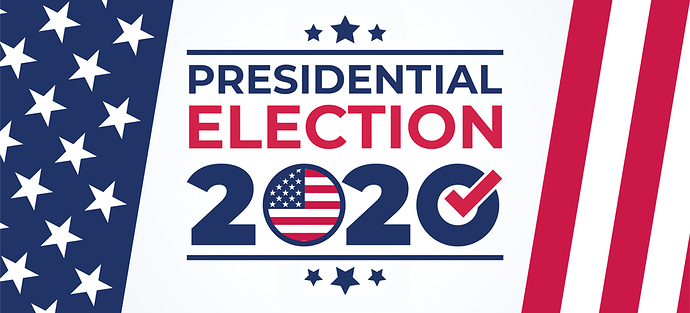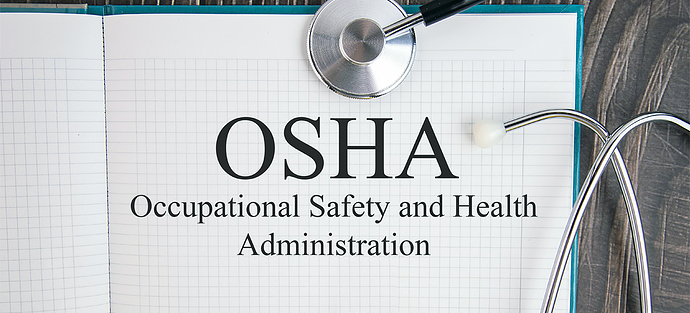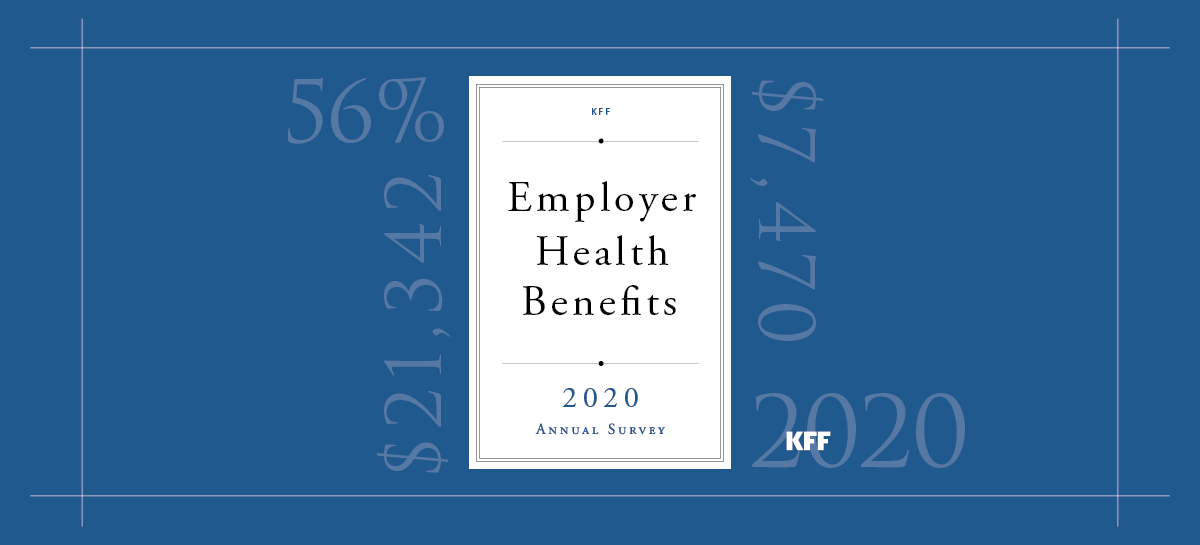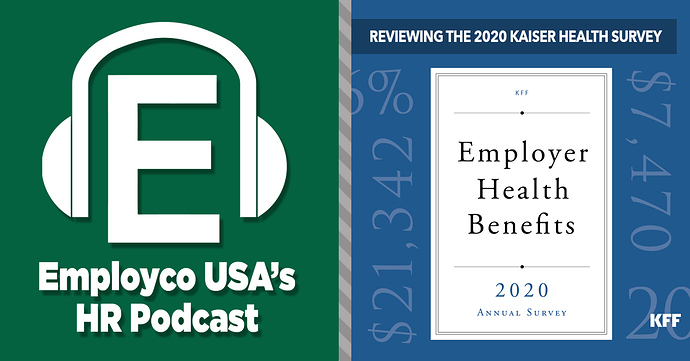October 2020
MENTAL HEALTH DURING THE PANDEMIC
The coronavirus pandemic has changed what a normal day looks like for many across the country. And the pandemic has also increased the stress of many Americans. Prioritizing mental health and well-being in the face of a pandemic, which has caused many to lose their jobs or work from home, is something that every single person should be doing, but it often falls by the wayside.
More than 1 in 5 Americans have diagnosable mental disorders at some point in their lives, yet only about half of those individuals receive professional mental health treatment. A study from the Mental Health in the Workplace Summit also found that mental illness is the leading cause of disability for U.S. adults aged 15 to 44 and that more workdays are lost to mental health-related absenteeism than any other injury or illness.
THE 2020 ELECTION
Election season is upon us and we’re likely to see some heated discussions. We also need to be ready for employee time off requests to vote during work hours.
Keeping Political Discussions Civil at Work – Political discussion has and will continue to be a reality in many work environments. Work can already be a stressful place for many, with political discussion adding an additional stressor for employees—and in many cases, an additional concern for employers. While disagreement in and of itself isn’t always a detriment to all workplaces, political discussion can negatively affect the work environment for many employees.
OSHA CLARIFIES COVID-19 REPORTING REQUIREMENTS
On September 30, 2020, the Occupational Safety and Health Administration (OSHA) published two additional answers to its list of COVID-19 frequently asked questions (FAQs). The new answers clarify when employers must report COVID-19 in-patient hospitalizations and fatalities.
Reporting Hospitalizations – OSHA requires employers to report in-patient hospitalizations only if the hospitalization occurs within 24 hours of an exposure to COVID-19 in the workplace.
SUMMARY OF THE 2020 KAISER HEALTH SURVEY
Each year, the Kaiser Family Foundation conducts a survey to examine employer-sponsored health benefits trends. On October 8, 2020, Kaiser released this year’s survey results – the following notes summarize the main points of the 2020 survey:
Worker Contributions – The average worker contribution toward the premium (payroll deduction) was 17% of the total premium for single coverage and 27% for family coverage. Employees at organizations with a high percentage of lower-wage workers (where at least 35% make $25,000 or less annually) made above-average contributions toward family coverage—35% vs. 24% when compared to employees at firms with a smaller share of lower-wage workers. In terms of dollar amounts, workers contributed $1,243 and $5,588 per year toward their premiums for single coverage and family coverage, respectively.
PODCAST: REVIEWING THE 2020 KAISER HEALTH SURVEY
Check out our latest podcast, “Reviewing the 2020 Kaiser Health Survey.”
Rob, Scott, and Jason discuss the 2020 Kaiser Health Survey, including: renewal rate increases, employer and employee premium contribution rates, the most common plan designs (PPO, HDHP, HMO, POS) and their enrollments, higher deductibles and employee cost sharing, the uncertainties that insurers and employers have to deal with right now, and more.
Questions, comments, feedback?
Jason Eisenhut
630.286.7341
jeisenhut@employco.com





